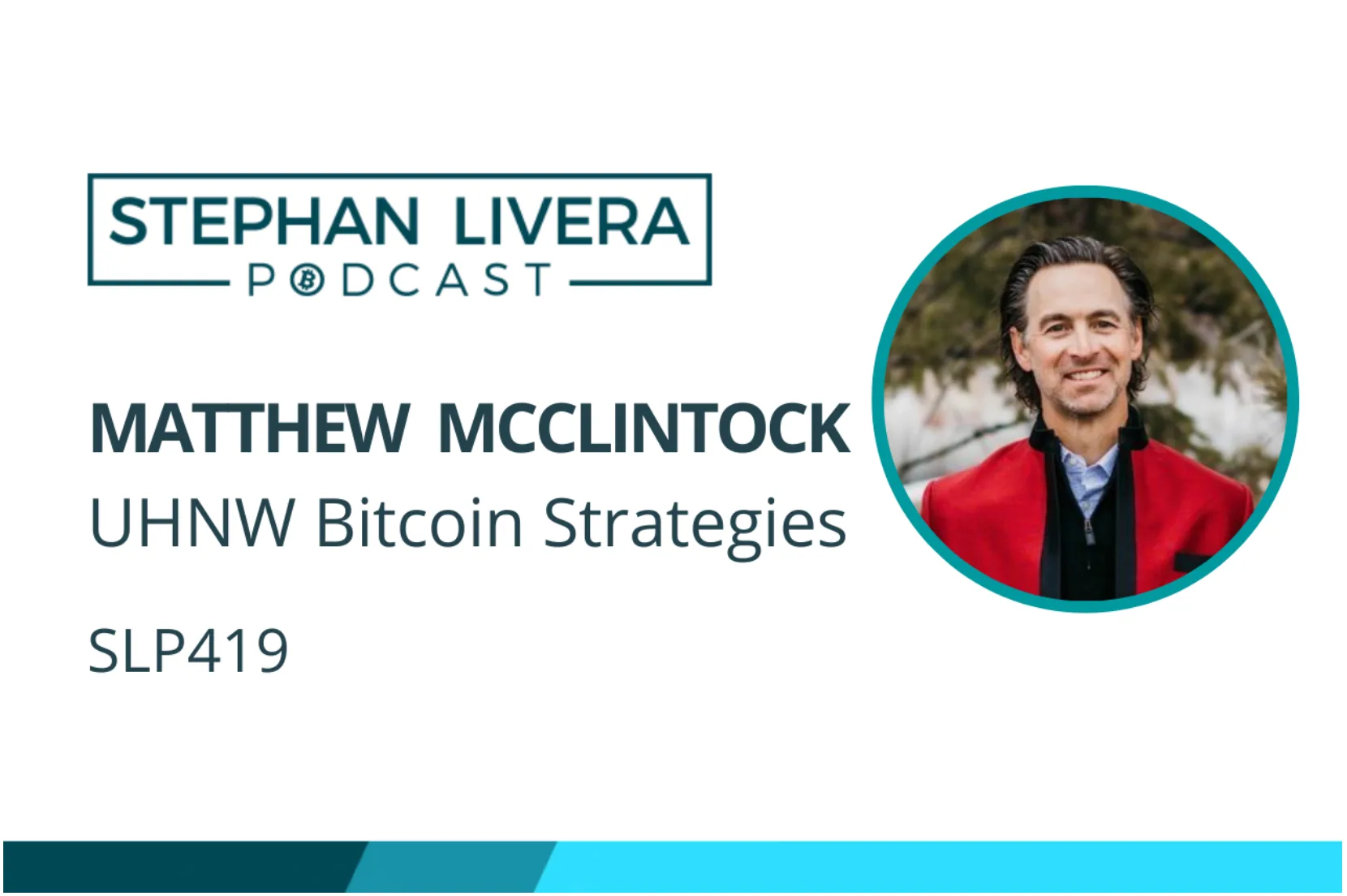Learn more about estate and legacy planning in the age of crypto assets and digital wealth in Adam Blumberg’s piece Estate and Legacy Planning for Crypto Assets.
The surge in cryptocurrency adoption necessitates proper estate and legacy planning for crypto assets. Despite an uncertain regulatory environment, investment in blockchain-based systems continues in the U.S., and other regions have already enacted crypto-related legislation.
Safeguarding Digital Legacies
A significant number of investors, especially younger ones, possess crypto assets in various forms, requiring advice on estate planning. Often, these investors don’t recognize the need for formal planning due to crypto’s volatility and their perceived wealth. Legacy planning for digital assets differs from traditional assets. The technical aspect, ensuring heirs can control the assets, is more critical than the legal planning. A team like Bespoke can add value by preparing the inventory, creating a tech-focused legacy plan, and educating heirs on the use of keys and investment philosophies.
Unraveling the Complexities of Crypto Asset Planning
Crypto asset planning also presents unique challenges like regulatory ambiguity, rapid innovation, and cost basis considerations. An asset’s potential to increase rapidly in value underscores the importance of legacy planning. Ultra High Net Worth (UHNW) individuals in crypto face additional difficulties, such as tax issues complicated by basis considerations and jurisdictional questions, requiring crypto-literate advisors and attorneys.
In summary, as cryptocurrencies rise in prominence, the role of financial advisors in guiding clients through estate and legacy planning for digital assets becomes vital. It’s essential for estate plans to accommodate digital assets efficiently and legally, requiring a strategic blend of tech-native wealth transfer and protection plans, coupled with collaborative efforts with legal and tax professionals.
The following information is intended for general educational purposes only and should not be construed as legal or investment advice.










